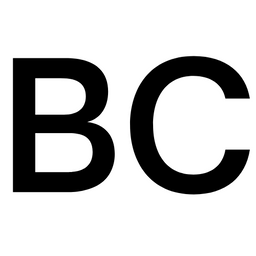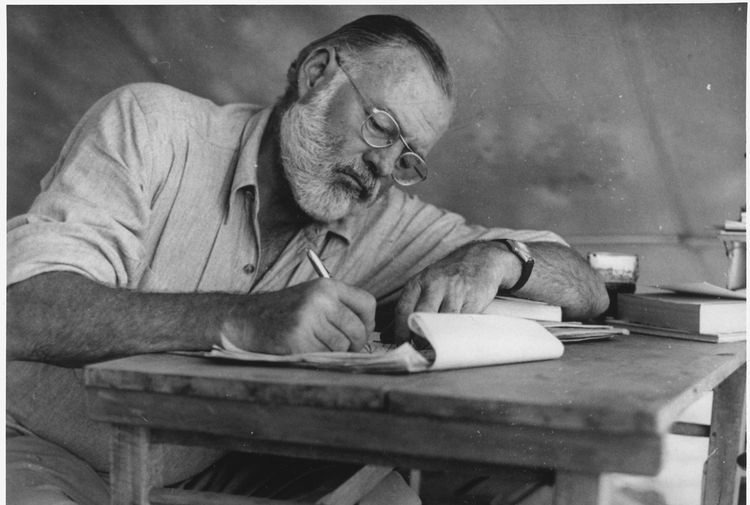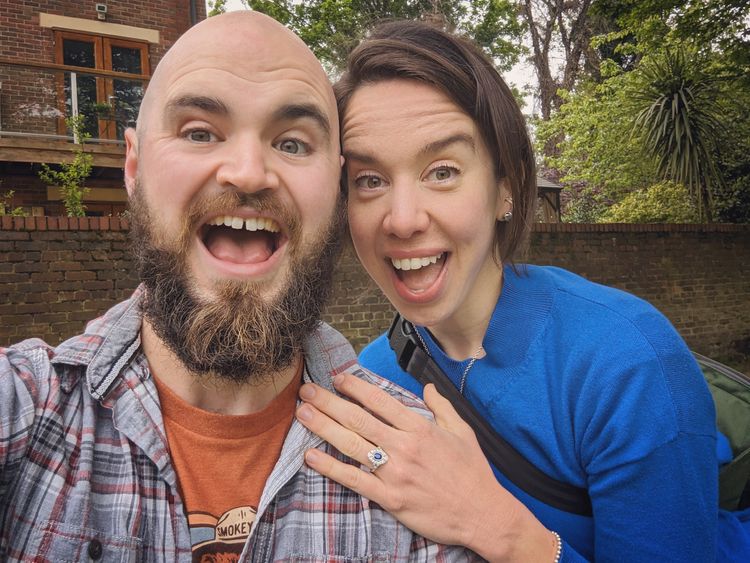#10 Why study public history over history

The field of public history looks outwards more than traditional history.
I thoroughly enjoyed my time studying public history and it’s a flame I still carry all these years later.
If you are contemplating public history postgraduate studies in the USA or one of the many emerging programmes around the world, here are some of the reasons I believe it trumps a regular degree in history:
- The core skills and disciplines of history underpin public history, like research and source analysis. But you take these tools and work with them in public, for the public.
- Along the way, you are more likely to engage with local communities and these interactions can be incredibly rich and rewarding for all involved.
- You develop practical, transferable skills: thorough research made accessible, succinct writing, digital skills, use of images, working to deadlines, event organisation and community outreach/engagement among many other public history skills will take you far.
- Public history can propel your academic career, if you go that route, because universities are keen on Access with a capital A. Think of all those travel grants and bursaries.
- You are part of a movement that champions education for the many not the few.
- Public history programmes are great for emphasising internships. These experiences are so important in building your professional toolkit, sampling different roles and progressing your career.
- You see history differently from the grassroots up.
- Public history tends to be more progressive in how it is distributed, opening up more possibilities for contributing even as a student: blogs, guest writing, volunteering, sharing on social media, etc.
BIG FAT CAVEAT
Yes, some of these factors might be present in some traditional history programmes. But in my experience, they aren’t championed as well or as proactively as they are in public history programmes.
Like these Dispatch posts?
Join my newsletter community and receive the Sunday Roundup where I collect and curate them for readers once per week. You'll also receive full access to all my blogs and free resources.






Member discussion